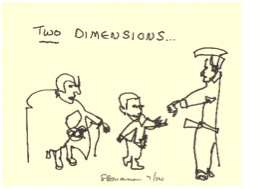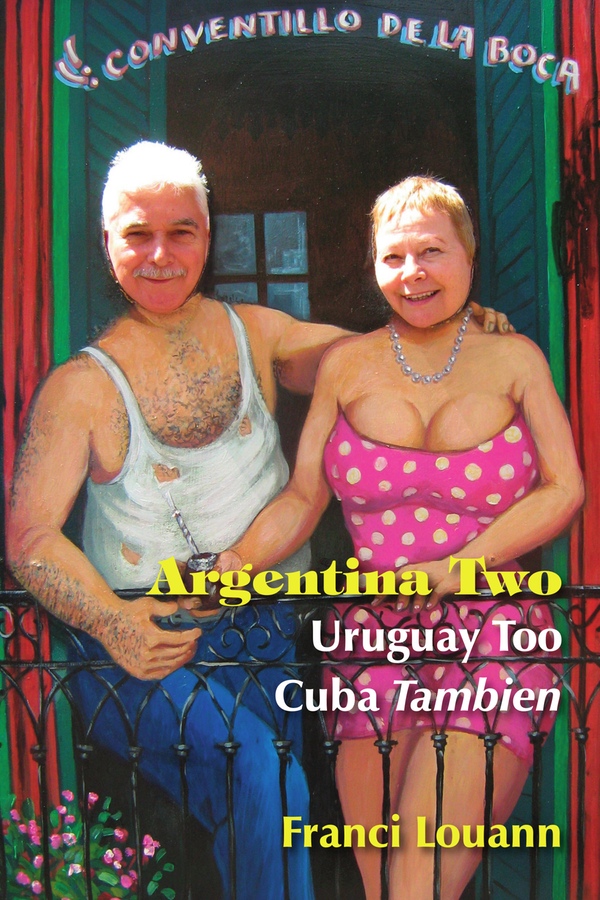
Franci Louann’s Argentina Two / Uruguay Too / Cuba Tambien is a delightful follow up to her earlier Argentina poesia. This volume is a rich, playful but serious romp through her travel adventures in three Latino cultures. Louann creates a hybrid form she calls poemoirs. Through her use of “Spanglish”, readers will find themselves awakening inside another language. The pleasures of wine and exotic food merge with politics, social commentary, and intimate interconnections with friends and strangers. Louann’s poems invite us to taste, touch, smell, hear, and see more deeply our capacity for intercommunion. The secular and the sacred become as one: “no soy católica / but somehow / it’s about godliness / Sunday morning / in the cathedral’s souvenir shop.”
—Susan McCaslin, poet and author of Heart Work
Argentina Two / Uruguay Too / Cuba Tambien offers a study of moments in verse, bringing the tiny, everyday moments of its locales into photographic focus. Exploring with an outsider’s eyes, Franci Louann finds meaning and insight hidden in the details of the storied and seemingly mundane alike. Readers will learn the importance of the colour of ice cream, the busywork behind recycling, the angles which drive pedestrians, and the difference a quarter can make to the quality of your coffee. This is not only a travelogue resounding through history, but an instructional guide to seeing the little things in the wider world through the eyes of an artist.
—Kyle Hawke, poet and author of whispers of humanity
Franci Louann’s new collection of poetry Argentina Two / Uruguay Too / Cuba Tambien has an immediacy and intimacy to it that is felt throughout every line and in every word. As she explores travel, friendship, politics and her own inner dialogue she brings storytelling to life in shining and delicious detail. Franci writes on a breadth of topics, from romance to the enjoyment of wine and cherished encounters with compadres and strangers throughout her exploration of culture, time and place. Franci takes moments and expands them into galaxies of verse, that invite her readers in to stay awhile beneath the warmth of a Spanglish sun.
—Elliott Slinn, New Westminster’s Poet Laureate 2021 – 2024
Franci Louann lives and writes in New Westminster, BC, which she calls “Qayqaytland”, to honour the First Peoples there. Born Frances Louann Workman, she was first published as Fran Workman, in Dorothy Livesay’s last anthology, Woman’s Eye: 12 BC poets (Air, 1974). In 2010 Lipstick Press published Franci Louann’s Beach Cardiology. Franci co-founded Poetic Justice in New Westminster in 2010. A branch which became Poets Corner continues in Vancouver. Franci co-managed Spoken Word Open Mic monthly at Braid Stage, l00 Braid Street Studios. This series was canceled due to the Covid-19 pandemic. Argentina Two, Uruguay Too, Cuba Tambien is part of a series of books of poetry by Franci Louann. The manuscripts here include her poems which feature her “Spanglish.” They are poemoirs, or rapportage about travel experiences.
Available for purchase online via paypal at www.ekstasiseditions.com.
Contact Ekstasis for details or to arrange appearances, events or media opportunities.
For further information: Richard Olafson or Carol Sokoloff phone & fax: (250) 385-3378
e-mail: ekstasis@islandnet.com
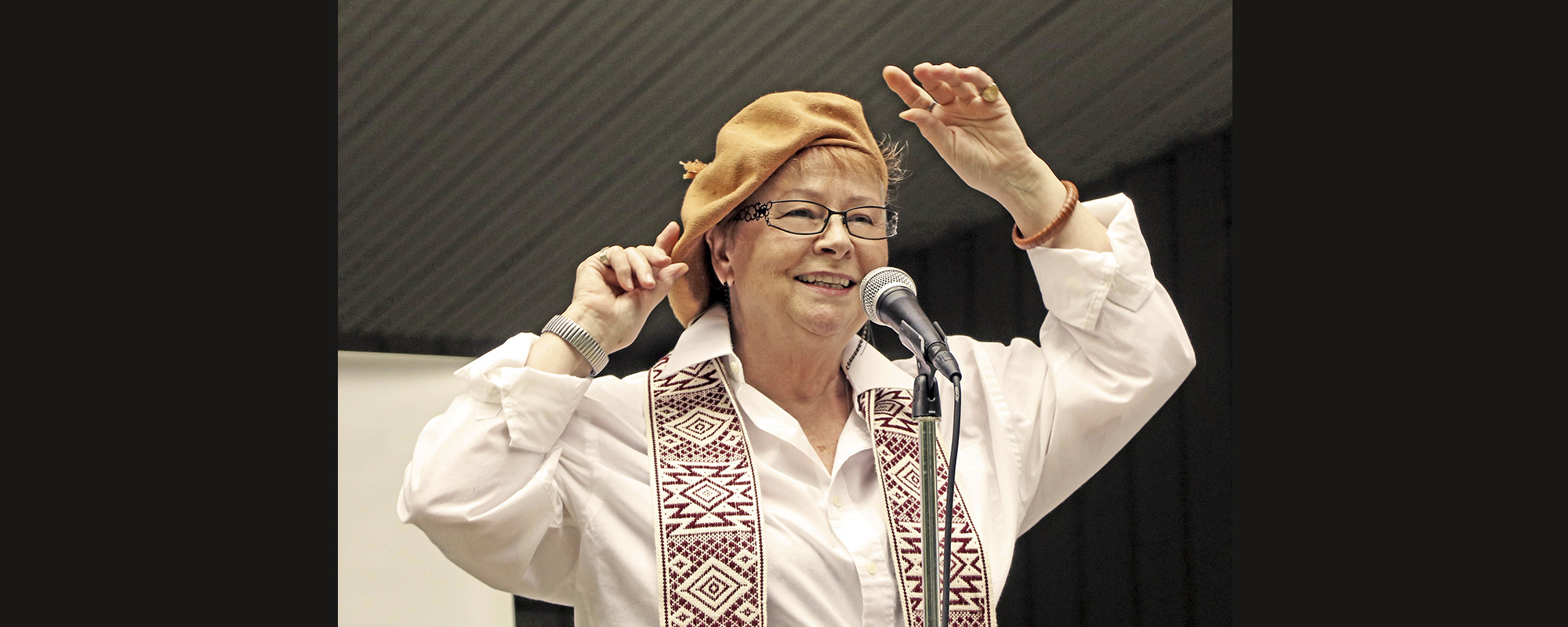
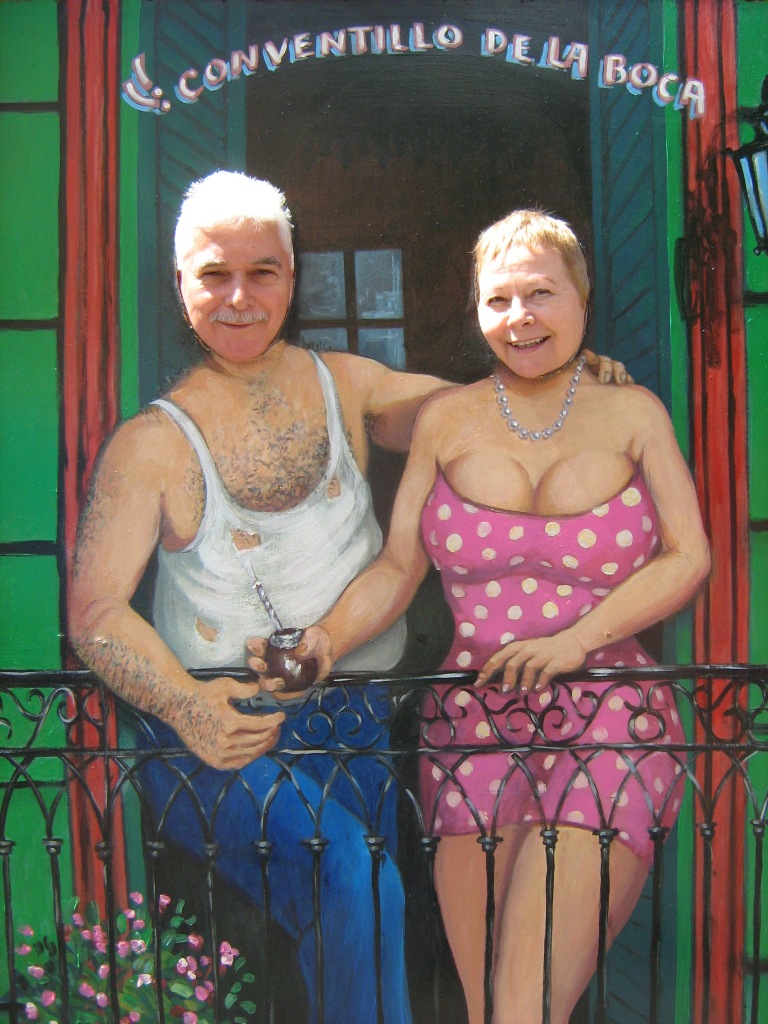

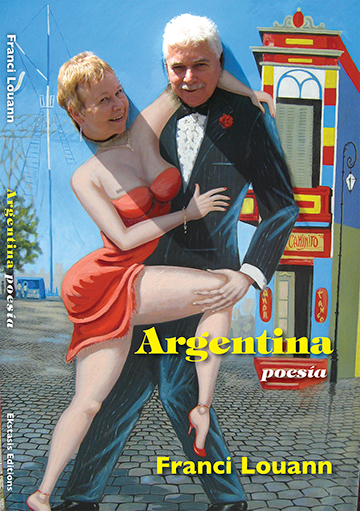






 When there was a call for art inspired by the photo, “Wait for Me, Daddy”, I remembered how I had felt that the memorial in its honour (to be created here in New Westminster) might be two-dimensional, as the photo itself was. I pictured black lines against a plain white (or beige) wall. There are examples of this portraiture in Plaza de la Revolución, the main square in Havana, Cuba. Here we see an image of Che Quevera. photo by F Louann
When there was a call for art inspired by the photo, “Wait for Me, Daddy”, I remembered how I had felt that the memorial in its honour (to be created here in New Westminster) might be two-dimensional, as the photo itself was. I pictured black lines against a plain white (or beige) wall. There are examples of this portraiture in Plaza de la Revolución, the main square in Havana, Cuba. Here we see an image of Che Quevera. photo by F Louann